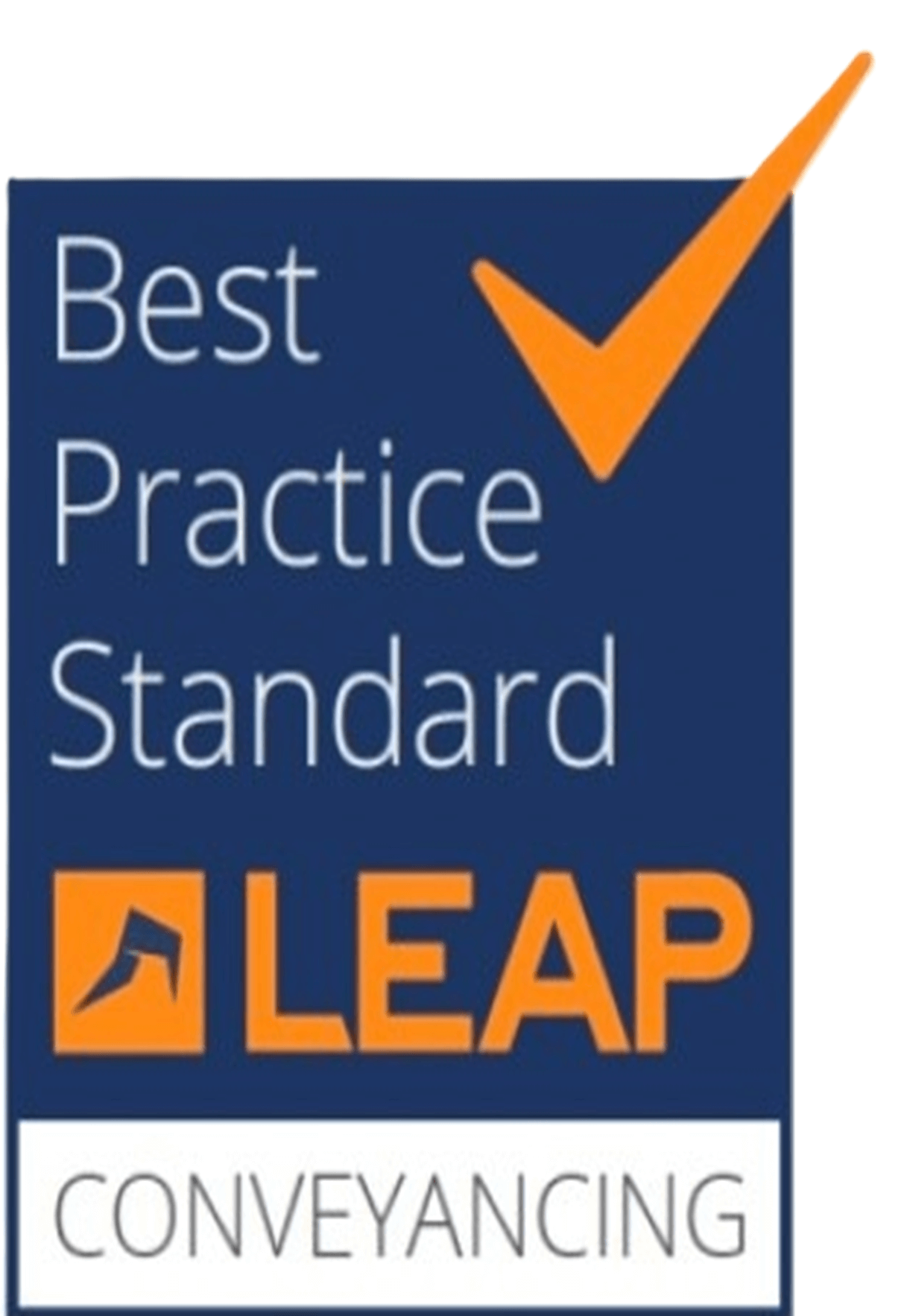In October 2020, the South Korean former chairman of Samsung Electronics, Lee Kun-hee, passed away, leaving a large inheritance behind to his family – his wife, son and two daughters.
The total inheritance tax for Mr Lee’s estates came to a staggering £7.8 billion, with the South Korean inheritance tax rate being 50%, the second highest in the world.
Although South Korea has different inheritance laws to England and Wales, this is a prime example of how much of an impact inheritance tax can have on an estate and how important it is to plan for this. A failure to properly plan your estate to minimise its tax liability can leave your inheritors with a costly inheritance tax bill, especially if you own a business.
Why is planning for inheritance tax important?
Proper estate planning not only means thinking about providing for your family’s future after you pass, but also making sure you are taking care of all of the available options to make your estate as tax-efficient as possible. Taking the right approach to inheritance tax planning can significantly boost the amount your beneficiaries will ultimately receive.
Depending on the total value of your estate, your inheritors could be vulnerable to paying a large inheritance tax bill after you pass away. The current inheritance tax threshold (the ‘nil-rate band) is £325,000 (with an additional £175,000 tax-free allowance when passing on your main residence).
Any assets in your estate above this threshold will be liable for inheritance tax at the rate of 40%, although this tax-liability can potentially be reduced with the right estate planning.
There are a few exceptions where inheritance tax will not be due on an estate, and these are when you leave everything to:
- Your spouse or civil partner
- A charity
- An amateur sports club
What is succession planning, and why is it important?
Succession planning can be an important thing to consider before you pass away, especially if you have a business.
You will need to think about how your business will be run or if it should be sold. If you want the business to stay in your family, you need to decide who will take on which roles, ensure that the relevant people are happy to do so and plan for how any family members not involved in the business should be provided for.
Key succession planning issues to consider include:
- Planning for who will be in charge and any other important critical roles
- What should happen to any business assets
- Educating inheritors on their responsibilities and how to manage their inheritance
- Tax planning
- Any unexpected circumstances that might occur
- Whether you need to appoint professionals to manage your wealth and the interest of your business
What is business relief?
When a person passes away, as well as their individual wealth, their business or shares of businesses will be considered as a part of their estate. If the value is worth more than the inheritance tax threshold, it is at risk of being taxed. But there is a special inheritance tax exemption that applies to business assets known as ‘business relief’.
Business relief is where the taxable value of a business or its assets are reduced when working out inheritance tax on a person’s estate. Business relief can either be for 50% or 100% of a business or business assets depending on the type of assets owned, for example:
100% business relief applies to:
- A business owned by the deceased
- Interest in a business
- Shares in an unlisted company
50% business relief applies to:
- Shares in a listed company that control more than 50% of its voting rights
- Property, land, or machinery owned or used in a business the deceased controlled or was a partner in
- Property, land, or machinery in a trust or used in a business that it has the right to benefit from
However, not every business or asset qualifies for business relief; those which qualify include:
- An interest in a qualifying trading business
- A qualifying trading business
- Shares in a qualifying trading business – this includes a minority holding
- Shares in a qualifying trading business that is listed on the AIM of the London Stock Exchange
Book a free initial consultation with our inheritance tax solicitors in Newport
If you want to find out more about how we can help with estate planning, please take a look at our inheritance and tax planning services.
For bespoke advice, we offer a free 30-minute consultation either by phone or at our offices so you can find out your options and decide what steps you want to take to protect your assets and minimise your inheritance tax.
We are able to arrange home and hospital visits at no extra cost (subject to location) for clients with a disability or who would otherwise be unable to attend our offices in person.
- Free first consultation
- No hidden costs
- Same day response
For more information, or to speak to one of our expert solicitors, please call us on 01633 242 526.









